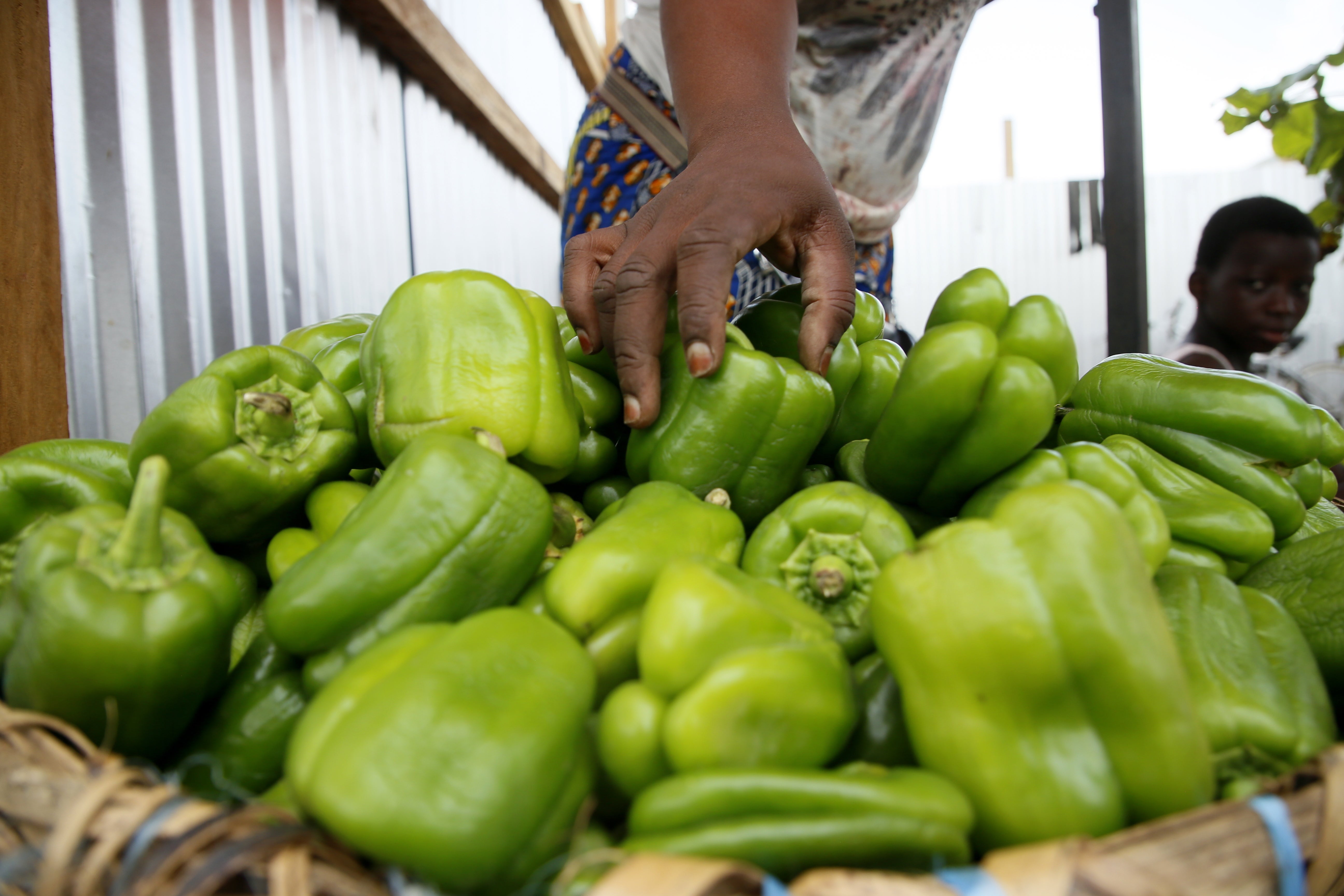War in Ukraine will affect food prices – the real question is how badly
There is likely to be social disruption and there may be political consequences that I don’t think any of us can predict, writes Hamish McRae


The focus is shifting from energy to food. The impact on energy prices was the immediate and obvious effect of the war in Ukraine and the efforts by the west not to buy oil and gas from Russia, if they could possibly do so.
That concern remains at the front of all our minds, not least if we are filling up a car on a forecourt, but the markets are beginning to adjust to the situation, and the Brent oil price was back below $100 a barrel yesterday. Gas is more difficult, particularly for Europe, but the EU has announced a plan to phase out Russian gas and there are alternative energy sources.
The impact on food supplies has been less immediate, but in social terms, is more alarming, for the simple reason that food accounts for a higher proportion of the family budgets of poorer people than it does of the middle classes and the rich. The average for the UK is 11 per cent of income spent on food, whereas in India it is around 33 per cent. In Nigeria it is more than half. That is the average, remember, so for many poorer families the proportion is higher still, and all these numbers predate the current emergency.
So what will happen? The best starting point is to look at what Russia and Ukraine would normally export to the world. Take wheat, for example. Russia is the world’s largest producer, followed by the US, Canada and France – and then Ukraine. The UK is roughly square on the wheat trade, as in a normal year we import some milling wheat and export lower-grade feed wheat.
Quite aside from what happens in Russia, there will not be much planting of wheat in Ukraine this spring, so the question will be whether North America, France and other countries can increase production. Summer wheat is planted in the US from mid-March onwards, so that means action now. The world’s largest importer of wheat is Egypt, and since it gets some 70 per cent of that from Russia, the outlook is frightening indeed.
This is not only about wheat, or indeed barley and other grains, including maize. Ukraine is the world’s largest producer of sunflower oil, followed by Russia. Together they dwarf all other producers. Ukraine alone produces more than half of all refined sunflower oil exports. We should hope it will produce some this year but realistically, the world will have to look to other oils, such as palm, soybean and rapeseed oil as substitutes. Higher prices, which are already coming through, will encourage higher production, but it takes time for extra acreage to be planted and produce crops.
To keep up to speed with all the latest opinions and comment, sign up to our free weekly Voices Dispatches newsletter by clicking here
There is a further point. We think of the crops that we ourselves eat. But grain and oil are also key elements in feed for animals. So meat will become more expensive. There is a ripple effect running right through the food chain, and the food industry is still in the early stages of planning how to get through this year. In the short term, the world faces higher food prices. Globally, food is 20 per cent more expensive than it was a year ago.
It is reasonable to expect food prices to rise by another 20 per cent this summer, and until there is some sort of outcome in Ukraine, one thing is absolutely clear. The core issue with energy is the impact of sanctions, but the core issue with food will be the impact of war on production. The question is how far global food production will fall, and the answer does not look encouraging.
So what will happen? The world as a whole won’t starve, but there will be grave distress right across the emerging economies, including those of the Indian subcontinent, and particularly in Africa. This is monstrously unfair. There is likely to be social disruption and there may be political consequences that I don’t think any of us can predict. There is an argument that a surge in food prices in 2011 was a trigger for the unrest across North Africa and the Middle East in the so-called “Arab Spring”.
We all just have to hope for a speedy end to the conflict and that the world learns the lessons of needing to build a more robust global food industry.
Join our commenting forum
Join thought-provoking conversations, follow other Independent readers and see their replies
Comments
Bookmark popover
Removed from bookmarks